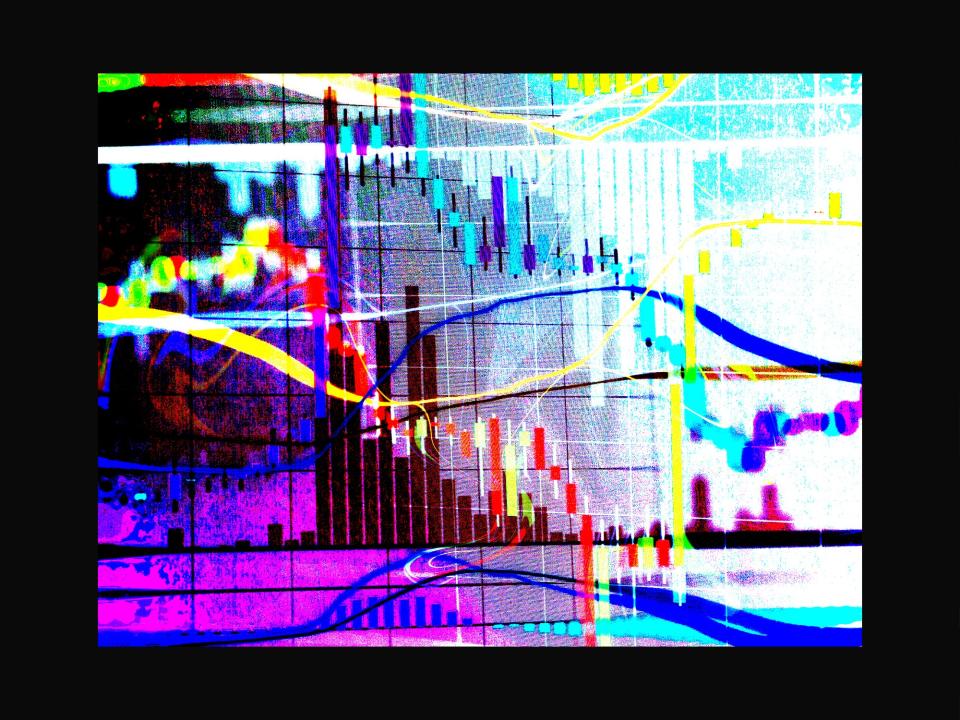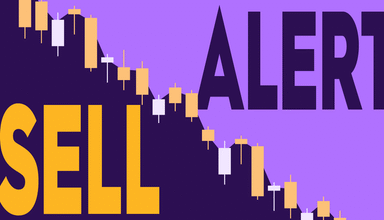
The stock market has flashed a sell signal not seen since February 2021, Bank of America says

-
A contrarian sell signal recently flashed in the stock market, according to Bank of America.
-
The drop below 4% in cash allocations suggests aggressive stock market investing, BofA said.
-
Investors are growing more optimistic about economic growth, but fear geopolitical conflicts and inflation.
A sell signal in the stock market just flashed for the first time since February 2021, according to a note from Bank of America.
The bank’s fund manager survey revealed that cash allocations dropped to 3.9% from 4.2%, representing the lowest level since February 2021.
According to the bank, a drop below the 4% level for cash allocations is a sell signal. It’s a contrarian sign, as it typically flashes when investors aggressively invest in the stock market with low cash levels.
The sell signal has typically preceded weak returns in the short term.
“Since 2011, there have been 11 prior ‘sell’ signals which saw global equity returns of -2.5% in the 1 month after and -0.8% in the 3 months after the ‘sell’ signal was triggered,” Bank of America strategist Michael Hartnett said.
The sell signal from Bank of America flashes at a time when stocks are trading near record highs. And investors are exhibiting very bullish behavior, according to the note.
“The biggest jump in investor optimism since Jun’20 on Fed cuts, China stimulus, soft landing,” Hartnett said, adding that “froth” is on the rise.
Fueling the optimism is expectations that the global economy is on a solid footing and ready to grow in the years ahead. The survey saw global growth expectations rise from -47% to -10%, representing the 5th largest jump since 1994.
Meanwhile, 76% of institutional investors surveyed by the bank see a probability of a “soft landing” in the economy, while the prevailing alternative scenario is a “no landing” rather than a “hard landing.”
The main difference between a soft landing and a hard landing in the economy is how fast the economy will grow going forward rather than contract in a hard landing scenario.
As to potential risks in the market, investors are most worried about geopolitical conflicts, which rose to 33% from 19% last month. Other risks on the radar of investors include an increase in inflation and a potential recession.
Finally, the most crowded trade continues to be long the Magnificent Seven mega-cap tech stocks, according to the survey.
“Long Magnificent 7 is considered the most crowded trade (per 43% of investors) followed by #2 long gold (17%), and #3 long China equities (14%),” Hartnett said.
Read the original article on Business Insider
Source link







